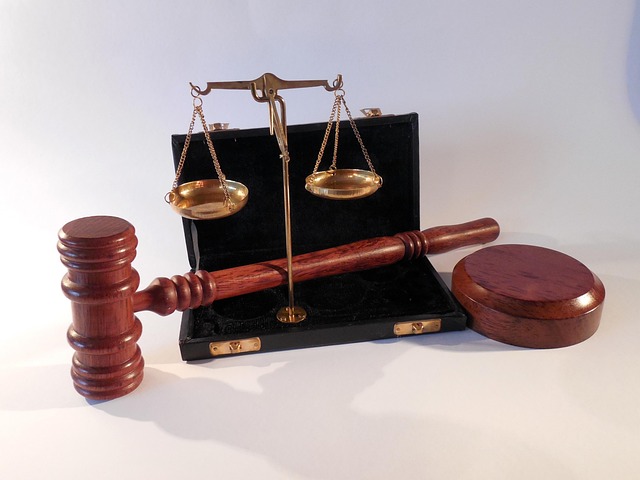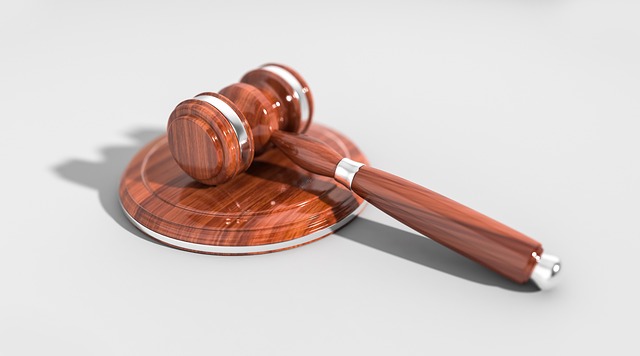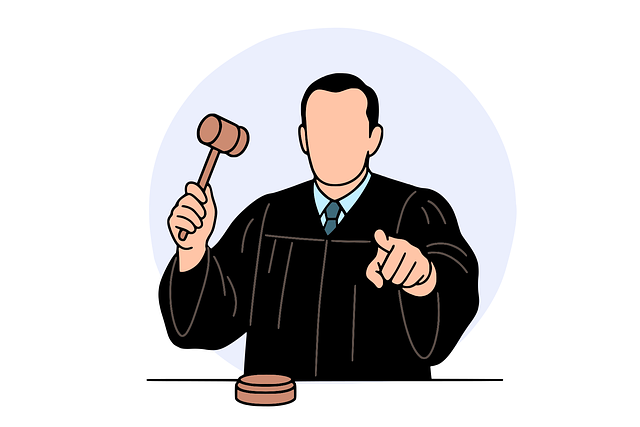Consumer Protection Suits leverage Environmental Law Compliance issues to hold businesses accountable for unfair practices impacting consumers' health and safety, such as pollution, resource extraction, product safety, and advertising integrity. To address these challenges, a multi-faceted approach is required, including stricter enforcement, corporate transparency, sustainable business models, strategic legal frameworks, quality assurance, regulatory compliance, audits, employee awareness, mediation, arbitration, and collaboration among legal experts, environmental specialists, philanthropists, and politicians to implement effective Environmental Law Compliance Issues and Solutions.
Consumer protection suits are a critical aspect of ensuring fair business practices, safeguarding consumers’ rights, and fostering market trust. This article delves into the intricate world of consumer protection litigation, exploring key components such as understanding legal frameworks, environmental law’s role in consumer defense, and identifying common compliance issues. By analyzing these aspects, we provide strategic solutions for resolving disputes, emphasizing the importance of environmental law compliance issues and offering effective remedies for a more accountable marketplace.
- Understanding Consumer Protection Suits: A Legal Framework
- Environmental Law and Its Relevance to Consumer Protection
- Common Compliance Issues in the Consumer Arena
- Strategic Solutions for Resolving Consumer Protection Disputes
Understanding Consumer Protection Suits: A Legal Framework

Consumer Protection Suits are a legal mechanism designed to safeguard individuals from unfair, deceptive, or harmful practices in their dealings with businesses. These suits fall under the broader umbrella of consumer protection laws, which aim to ensure fair trade practices and protect consumers’ rights. Central to this framework is the concept of Environmental Law Compliance, addressing issues related to product safety, advertising integrity, and sustainable business operations.
In navigating these legal landscapes, understanding the respective business’s obligations is crucial. Consumer protection laws often include provisions for penalties and remedies against companies engaging in white-collar and economic crimes. While general criminal defense strategies may apply, consumer protection suits focus on specific violations of consumer rights, demanding solutions that rectify environmental law compliance issues and promote ethical business conduct.
Environmental Law and Its Relevance to Consumer Protection

Environmental Law plays a pivotal role in shaping modern consumer protection efforts. As businesses increasingly operate across borders, Environmental Law Compliance Issues have emerged as significant challenges. These issues range from pollution and waste management to resource extraction and product disposal, all of which directly impact consumers’ health and safety. For instance, companies that disregard sustainable practices can expose consumers to toxic substances, leading to severe health consequences.
Addressing these compliance issues requires a multi-faceted approach. One strategy involves strengthening Environmental Law enforcement agencies to ensure businesses adhere to stringent regulations. Additionally, promoting transparency in corporate practices enables consumers to make informed choices. This, coupled with the support of philanthropic and political communities, can drive sustainable business models that prioritize both profitability and environmental stewardship. Furthermore, legal frameworks should be designed to deter white-collar crimes related to environmental violations, protecting not only corporate and individual clients but also the broader community and ecosystem.
Common Compliance Issues in the Consumer Arena

In the consumer protection realm, several common compliance issues often arise that can lead to legal entanglements. Environmental Law Compliance Issues are a significant concern, as businesses must navigate regulations pertaining to product safety and environmental impact. These include improper handling and disposal of hazardous materials, failure to provide adequate product warnings, and non-compliance with sustainable manufacturing practices. Many companies find themselves facing avoiding indictment or winning challenging defense verdicts due to these oversights, emphasizing the need for robust internal controls and comprehensive training.
Addressing these challenges requires a strategic approach. One effective solution is to implement rigorous quality assurance processes that ensure adherence to environmental standards throughout production. Additionally, staying abreast of evolving regulations through industry publications and legal counsel can help businesses achieve complete dismissal of all charges. Regular audits and employee awareness campaigns are also vital tools in preventing compliance breaches, ultimately fostering a culture of responsibility and accountability.
Strategic Solutions for Resolving Consumer Protection Disputes

In the realm of consumer protection suits, strategic solutions are paramount to ensuring justice and satisfaction for affected parties. One effective approach involves collaborative dispute resolution methods, such as mediation and arbitration. These processes facilitate open communication between consumers, businesses, and legal entities, fostering an environment conducive to mutually agreeable outcomes. By encouraging negotiation, these strategies can lead to swift resolutions, reducing the time and costs associated with lengthy litigation.
Environmental Law Compliance Issues and Solutions play a significant role in consumer protection, as many businesses operate within stringent ecological regulations. Achieving extraordinary results in such cases requires a deep understanding of both legal frameworks and business practices. Through strategic partnerships between legal experts, environmental specialists, and philanthropic and political communities, comprehensive strategies can be devised to address past transgressions and implement sustainable solutions. This holistic approach not only resolves disputes but also contributes to the broader goal of mitigating white-collar and economic crimes.
Consumer protection suits are a vital component of ensuring fair practices in the market. By understanding the legal framework, addressing environmental law compliance issues, and adopting strategic dispute resolution solutions, businesses can navigate the consumer arena responsibly. Effective management of these aspects not only fosters trust but also enhances long-term sustainability, ultimately benefiting both consumers and companies alike through improved Environmental Law compliance and robust strategies to tackle common protection issues.






